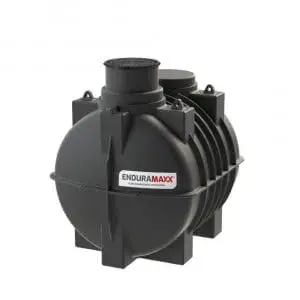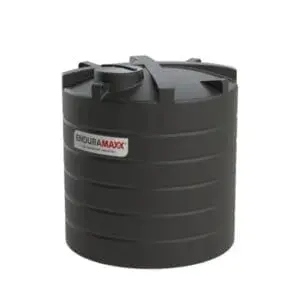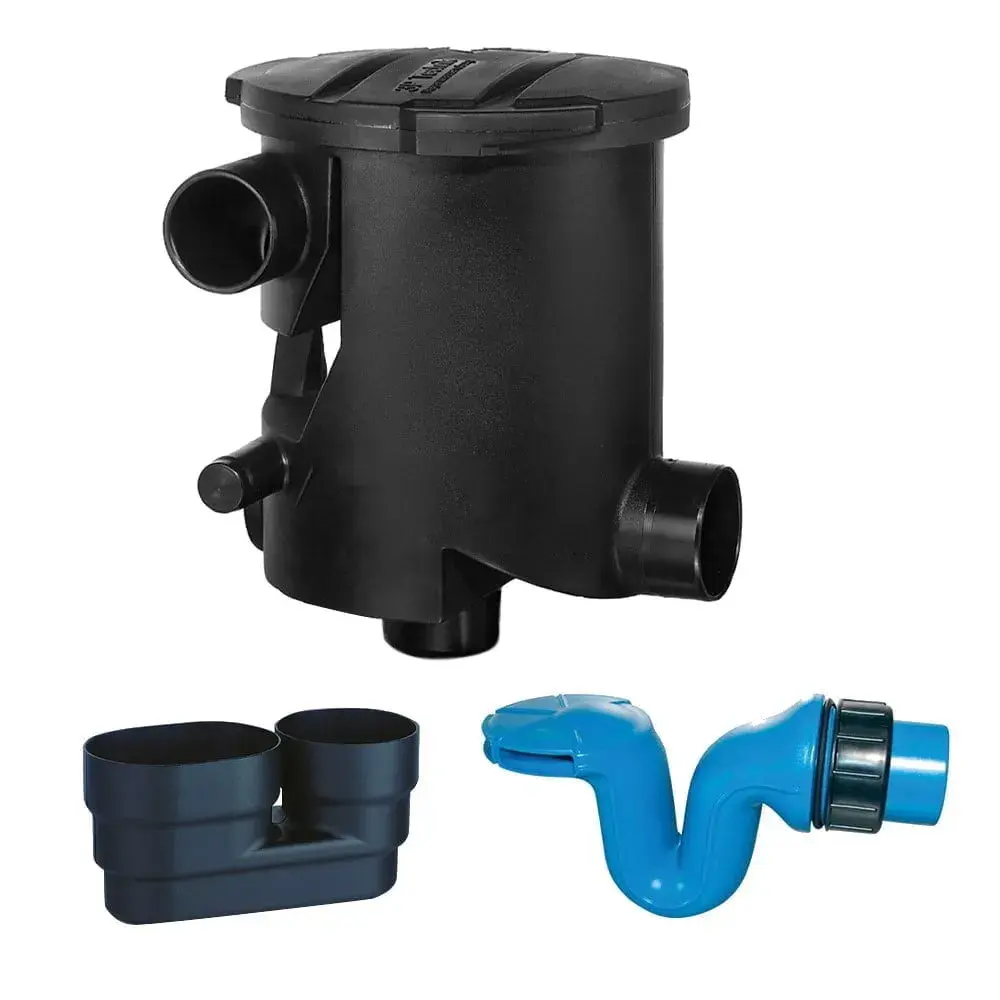What is Vertical Farming?
Vertical farming is growing globally, in 2018, it was worth £1.72 billion and set to rise to £9.84 billion by 2026. That’s quite some growth! Producing food by indoor farm food production methods includes fruits and vegetables which have up to now been only available through traditional farming methods.
It is seen as a sustainable way to grow healthy food with minimal environmental disturbance. Both water and land use are minimised, food supplies are not subject to changing weather, leading to food scarcity. When the vertical farm is built near the markets, then transport costs and carbon footprints are reduced.
With our unreliable weather and possible water shortages in the near future, vertical farming is an attractive proposition for farming in the future in Britain to supplement our supplies of fresh, safe food.
What is vertical farming?
Vertical farming is where crops are grown, usually indoors, in stacked layers. The farmer can control the environment – the lighting, temperature and the amount of water and how it is provided, without having to suffer the vagaries of our weather.
It can occur in specially designed buildings and in such places as underground tunnels, chipping containers, and even a chiller cabinet. The special trays are soil-less, and water can be supplied as water to the roots or as a spray mist. LED lighting can be adjusted to provide wavelengths to suit the crop being grown, and pesticides are not needed. The farmer has full control of the environment.
But it still is a specialist system although the benefits, once the system has been set up, are many, so let’s looks at them:
Advantages of vertical farming
- Not subject to weather or the seasons – the growing season is 365 days a year!
- Pesticides are not required – this saves costs and is better for the environment.
- Little human care is needed – and with our immigration policies still unclear, we may be looking to a lack of agricultural seasonal workers.
- Full control over the amount and application of fertiliser. Enduramaxx have special dosing tanks designed for this.
- Ability to adjust the indoor climate to suit the crops.
- Takes up less of our valuable land space to produce the crops.
Examples: lettuce yield per square metre of ground:
- Open field – 3.9 Kg
- Glasshouse -41 Kg
- Vertical farm – 100 kg
Less water is needed – and since water scarcity is looming, this is an important consideration. Examples: water needed to produce 1 Kg lettuce:
- Open field – 250 litres
- Glasshouse – 20 litres
- Vertical farm – 1 litre
Rainwater harvesting could be combined with vertical farming for even greater efficiency, reducing transport costs & carbon footprint when the vertical farm is near the point of sale.
What are the disadvantages of vertical farming?
- You can’t grow wheat or rice yet – that may change as technologies improve.
- Set up costs are high – but once they are paid, then there is the potential for handsome and reliable profits.
Rainwater harvesting systems for vertical farms
Enduramaxx manufacture rotationally moulded plastic tanks of all sizes and types suitable for vertical farms. They are UV stabilised, long-lasting and easy to maintain. We can supply all the fittings you need, and our experts will be happy to advise you on the best tanks for your farm.
We have well over 100 rainwater harvesting tanks as well as a range of specialist tanks for fertiliser dosing and potable water tanks for drinking water. From 1000 litre water tanks to 30,000-litre plastic water storage tanks which can be interlinked to give larger volumes, we are sure we have a tank suitable for storing water for your application. In addition, if you are harvesting rainwater for your vertical farm, then we have the rainwater tanks that are perfect for this.
Why not give us a call on 01778 562810 to discuss your needs.
Posts By Topics
- Blog (303)
- Chemical Storage Tanks (118)
- Chemical Dosing Tanks (114)
- Chemical Tanks (114)
- Water Tanks (58)
- Rainwater Harvesting Tanks (43)
- Vertical Rainwater Tanks (31)
- Vertical Storage Tanks (31)
- Cone Bottom Tanks (19)
- Conical Cone Tanks (18)
- Rainwater Harvesting (17)
- Water Bowsers (15)
- Horizontal Tanks (14)
- Potable Water Tanks (13)
- Farming (9)
- Case Studies (8)
- Industrial Storage Tanks (7)
- Liquid Fertilser Storage Tanks (6)
- WRAS Approved Potable Tanks (6)
- Wine and Beer Production (6)
- Horizontal Transport Tanks (5)
- Microbrewery (5)
- Rainwater (5)
- Category 5 Break Tanks (4)
- Cider Production (4)
- Mixer Tanks (4)
- Molasses Tanks (4)
- Polyethylene tanks (4)
- Rainwater Filter Kits (4)
- SPECIALIST & BESPOKE TANKS (4)
- Bunded Tanks (3)
- Slimline Tanks (3)
- WRAS Approved (3)
- Clarification Tanks (2)
- Crosslinked Polymer Tanks (XLPE) (2)
- Fertiliser Tanks (2)
- Sump Tanks (2)
- Tank Installation (2)
- Water Butt (2)
- underground water tanks (2)
- ACCESSORIES & FITTINGS (1)
- ATV & UTV SPRAYING UNITS (1)
- Above Ground Effluent Tanks (1)
- Bespoke Tank Frames (1)
- Category 5 Turret (1)
- Caustic Soda Tanks (1)
- Closed Top Bunded Tanks (1)
- Craft beer (1)
- Effluent Tanks (1)
- Enduramaxx (1)
- Ferric Chloride Tanks (1)
- Fire Safety Regulations (1)
- Fire Sprinkler Water Storage Tanks (1)
- Industrial Water Tank (1)
- Open Top Bunded Tanks (1)
- Open Top Cone Tanks (1)
- Open Top Vertical Tanks (1)
- Polyethylene Potable Water Tanks (1)
- Polyvinylidene Fluoride (PVDF) Tanks (1)
- Polyvinylidene Fluoride Tanks (PVDF) (1)
- Pressure Washers (1)
- Pro Series Spot Sprayers (1)
- RWH (1)
- Sodium Hydroxide Storage Tanks (1)
- Sprayer Fill-up Tanks (1)
- Uncategorised (1)
- liquid fertiliser tank (1)
Sign up to the newsletter
enduramaxx.marketing
Related Posts
Agricultural Farm Water Tanks: For Rainwater And Drinking Water
Enduramaxx manufactures a range of agricultural farm water tanks which include arranging of...
Northern Ireland Water Supply: Vertical & Horizontal Tanks
It’s a topic that just doesn’t seem to go away, and that’s water supplies in farming. As reported...
Storing Rainwater For Irrigation: What Tanks Are Available?
Storing rainwater for irrigation is one of the main uses for plastic rain harvesting tanks. Rain is...
Related Products
From £1,080.00 inc. VAT
£900.00 exc. VAT
From £1,344.00 inc. VAT
£1,120.00 exc. VAT
From £768.00 inc. VAT
£640.00 exc. VAT
£480.00 inc. VAT
£400.00 exc. VAT





